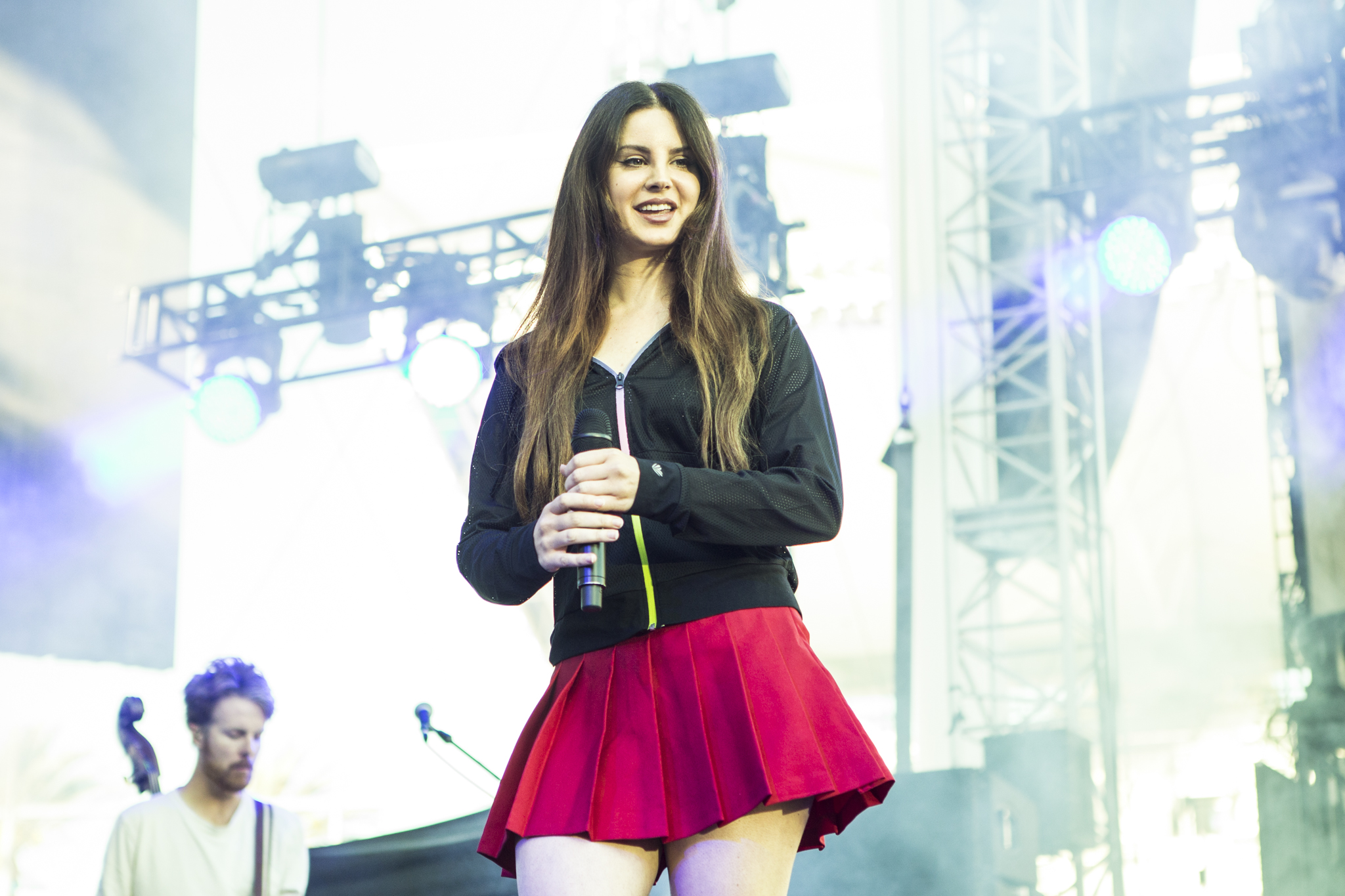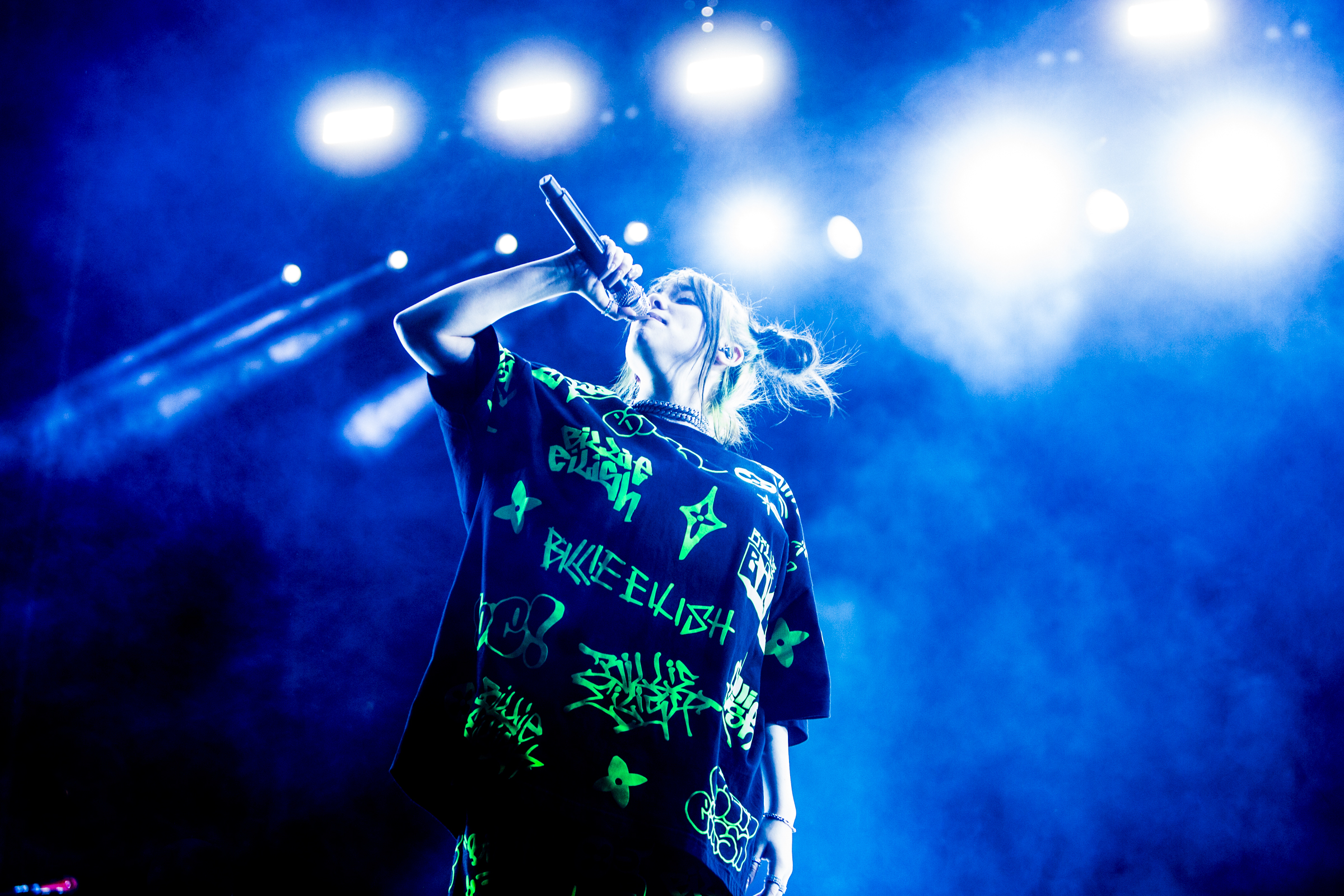As the lineups for major music festivals slowly started to drop in early January, a frustratingly familiar reaction also began to echo across social media: where were the women? Not just women in the headliner slots, which was a notable absence on the Coachella lineup, but also across the rest of the lineups at other major festivals like Bonnaroo and Shaky Knees. Even among bright spots, like Lizzo making history as the first solo woman to earn a headliner slot at Bonnaroo’s legendary Tennessee jam, the victories are bittersweet; it’s 2020 and a woman has never headlined Bonnaroo? What? Boston Calling, meanwhile, announced another slate of all-male headliners.
Still, the fault doesn’t lie solely with festival bookers, agents, and fans when it comes to the double standard in the music industry. And occasionally, in years like 2020, the scales are tipped by a number of factors, including the logistics of which artists are on album cycle and prepared to deliver a live performance on the scale of a festival appearance. For instance, Lorde, Rihanna, Lady Gaga, Ariana Grande, Cardi B, and Beyonce are all not in the running to headline festivals yet this year — six of the most prominent female artists in the world unavailable makes booking women in big slots trickier than it might seem.
Taylor Swift isn’t doing North American music festivals, and instead is throwing her own, which kudos, and Selena Gomez has never been on the festival circuit. The obvious get for 2020 would be Riri, who has been absent from music and live performing for several years now, and though she seems to have a great relationship with Coachella — and attends almost every year — the R9 album cycle has clearly not begun yet, to the continued chagrin of fans. (And, probably, festival bookers.)

In the particular case of Coachella, where the festival runners make an effort not to repeat artists from year to year, huge sets by Lizzo and Billie Eilish in 2019 disqualify them from returning to the lineup this year. Perhaps the most puzzling decision of Chella’s hierarchy for the coming year is the decision to slot Lana into a pre-headlining set before Frank Ocean, as she is one of the only women popular enough to carry a festival headliner position, holding the nearly unanimous best record of 2019.
Though Frank Ocean debuting new songs live at the end of 2019 suggests he’ll be entering a new cycle as an artist, it’s frustrating that a man with a history of canceling sets, fans be damned, is rewarded with another headlining set after a season of dormancy, when Lana Del Rey is coming off what is easily the best album of her career. Perhaps a brand new album from Ocean will drop prior to Coachella, and culminate in an incredible performance that makes a strong case for his placement over her, but if Ocean’s proclivity for perfectionism leads to more cancelations, then the disappointment will be doubly felt.
Another line of reasoning could be more due to choices by Lana than anything to do with Frank’s new music. At her Hollywood Bowl show in Los Angeles last year, her massive hometown concert coming right after the release of Norman F*cking Rockwell was billed as Lana Del Rey and Friends, giving her the freedom to bring up indie collaborators like Weyes Blood and Zella Day, Adam Cohen, Sean Lennon, and Jack Antonoff. While some would argue the inclusion of guests would make an enticing headliner set, maybe her desire to include these other artists conflicted with Coachella’s vision for a final, overarching set from a single artist. Either way, after huge years where the festival was carried by sets from Lady Gaga, Beyonce, and Ariana Grande, the lack of a woman in 2020 hit harder.
Coachella aside, other festivals do seem to be doing their best to lift women up to the higher echelons of booking, with Steve Nicks and Miley Cyrus appearing high on Bottle Rock’s 2020 lineup, and Lana once again in the pre-headliner slot at Bonnaroo. Over in Europe, Mad Cool in Spain and NOS Alive in Portugal, two traditionally rock-focused festivals, have both booked Billie Eilish and Taylor Swift, adding a nice infusion of pop to their lineups. Last year, Primavera Sound made history by committing to a 50/50 gender balance in their booking, proving that if gender equality is made into a definitive priority, it can be achieved.

But for corporate festivals, the financial bottom line will always end up being the primary factor when it comes to booking decisions. In 2018, when the now-defunct FYF festival in LA slated in Janet Jackson and Florence + The Machine as headliners, a huge win for equality in booking, but the event eventually had to be canceled because it didn’t sell enough tickets. The average person attending Coachella, or many other festival out there, isn’t concerned with whether or not women are represented fairly on the bill, they’re simply there to party, see friends, and dance along to music they know. Asking fans to withhold their money in the name of gender balance at festivals might be tough, but it also seems like the most sure-fire way to expedite change.
One place a change has been seen is in the critical world. In a couple weeks, Lizzo and Billie Eilish are both poised for potentially huge Grammy nights. And if you take a look at the Uproxx Critics Poll from last year, clearly, women are the ones dominating, and arguably making the best and most interesting contemporary music. But most of those latter artists don’t have the broad appeal required of a festival headliner, or the fanbase big enough to support a festival headliner slot. Festival headliners are supposed to appeal to basically everyone, and as excellent as Angel Olsen, Weyes Blood, Sharon Van Etten, Jenny Lewis and FKA Twigs are, their music isn’t on the scale. At least, not yet.
Regardless of circumstances specific to this year, there are always excuses to be made about why the status quo is acceptable. Systematic issues of sexism, misogyny, and abuse are also contributing factors to women’s underrepresentation across festival lineups and in headlining positions, and there has to be more work done by those within the industry to fix those inherent issues before looking to why only a handful of women can achieve the widespread impact required for festival headliner, or why those creating some of the most impactful music have only risen to a certain level. Men need to step up to work alongside women, so the 50/50 lineup proposed by Primavera Fest isn’t an impressive outlier, but the norm for the industry at large.







